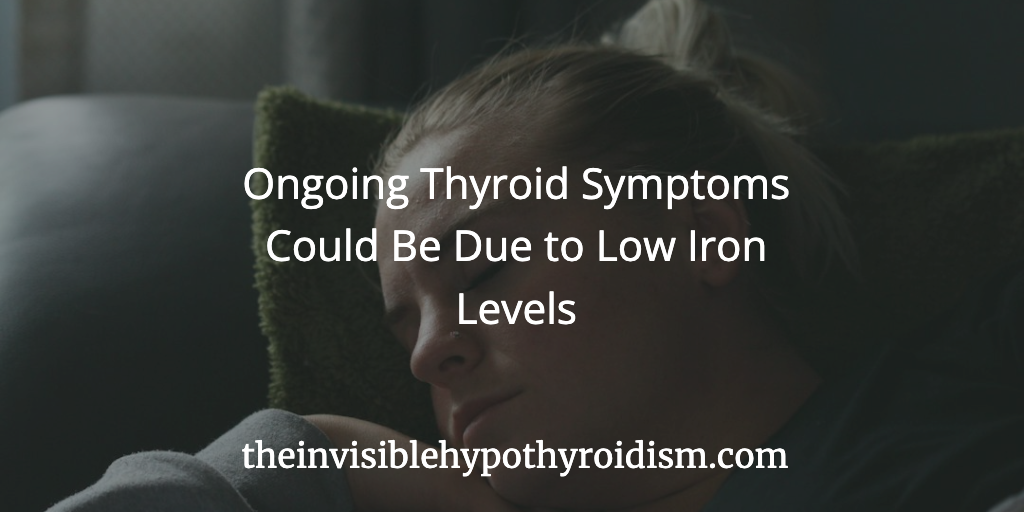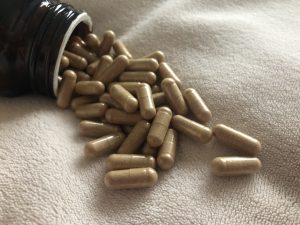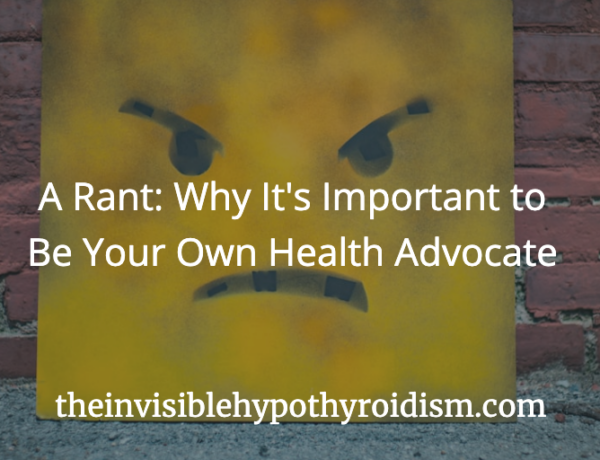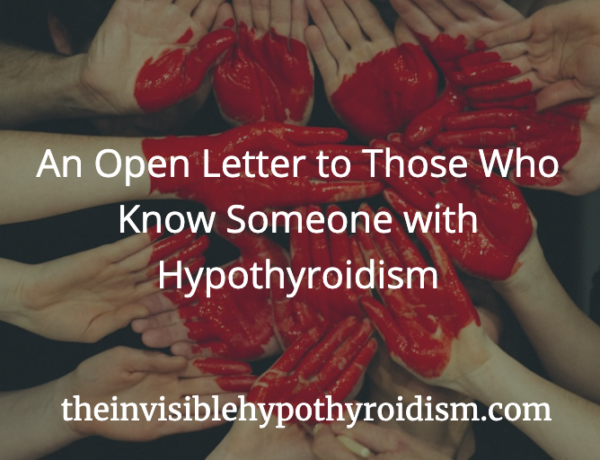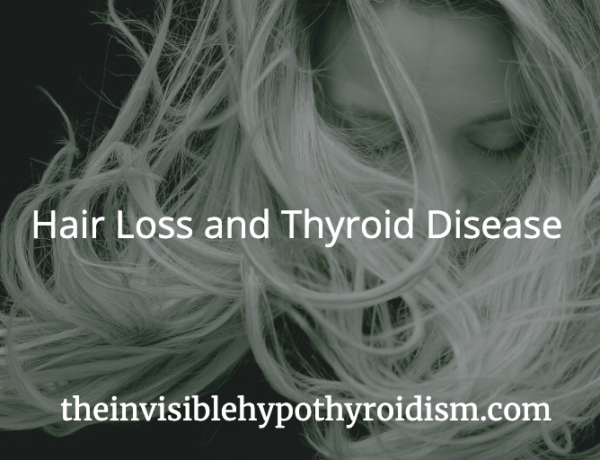Low levels of iron or ferritin (stored iron) are commonly seen in those with thyroid conditions such as hypothyroidism and Hashimoto’s. In fact, when I was diagnosed with hypothyroidism and Hashimoto’s, I was also found to be anaemic in iron at the same time and started on iron supplements to improve levels.
Low levels of iron can mimic a lot of the same symptoms of a thyroid condition, such as:
- Tiredness/fatigue
- Needing to nap often
- Heart palpitations
- Poor stamina
- Dry skin
- Brittle hair and nails
- Hair loss
- Breathlessness
- Feeling cold
- Depression
- Body aches and pains
- Pale or ‘washed out’ skin tone
- Dark bags under the eyes
- Brain fog
Therefore, it is crucial that any of us with these symptoms, and especially already on thyroid medication, are assessed for low iron levels. Correcting low nutrient levels, such as iron, can be a big piece in many thyroid patient’s health. Iron levels are easily checked via blood test.
A lack of iron may just be the cause behind ongoing symptoms, despite optimal thyroid hormone levels.
Why Are Low Iron Levels Seen in Thyroid Patients?
It is worth bearing in mind that hypothyroidism affects mainly women, with many experiencing period issues such as heavy or long periods, contributing to low levels of iron. Period complaints with hypothyroidism are very common.
However research published in 2017 suggests that iron deficiency can contribute to the development of hypothyroidism. [1]
Therefore, it could be that heavy periods lead to low iron levels and anaemia which then leads to hypothyroidism, or hypothyroidism causing low levels of thyroxine which then leads to heavy menstrual periods. Either way, it is hardly a surprise to see many women diagnosed with a thyroid condition at the same time as iron deficiency.
The reduced supply of thyroid hormones seen in hypothyroidism can suppress bone marrow activity, lowering the production of red blood cells and triggering the onset of anaemia. According to a 2012 study, as many as 43% of people with overt hypothyroidism have anaemia compared to 29% of the general population. [2]
Iron is central to the production of both red blood cells and thyroid stimulating hormone (TSH). Iron is also important for your thyroid health as it makes the stored thyroid hormone T4, and converts T4 to T3 (the active thyroid hormone). [3], [4]
Many of us with hypothyroidism and Hashimoto’s also have gut issues. ‘Increased Intestinal permeability‘ (IIP) seems to be a very common issue for thyroid patients, especially those with Hashimoto’s and in fact, various sources state it needs to be present for Hashimoto’s to even be triggered in the first place.
IIP refers to the intestinal barrier of the gut becoming more permeable from illness, infections, food intolerances or even stress, which may then go on to cause other problems and symptoms, particularly with optimal digestion and absorption of vitamins and minerals from your food. Improving gut health can help with the absorption of vitamins and minerals from your food.
Why is Iron Important?
Having good iron levels is important for many reasons. As well as Iron deficiency impairing thyroid hormone synthesis, correcting low iron levels when you have a thyroid condition can help lingering symptoms of fatigue, hair loss, dry skin, depression, brain fog and more.
The major reason everyone needs adequate iron levels is that it helps to transport oxygen throughout the body, which is why low levels of iron can cause breathlessness and poor stamina. Having low levels of iron can also affect your ability to fight off infections or illness.
You can find a test for iron here, if you doctor won’t check it for you.
How are Iron Levels Increased?
You should always have your iron levels tested before taking an iron supplement, as taking extra iron when you don’t need it can be dangerous.
However, if you are found to be low in iron, then Bisglycinate is a popular type of iron as it doesn’t cause stomach issues or constipation, unlike other types. Taking Vitamin C with iron triples the absorption rate.
Iron supplementation and increasing iron in your diet, along with the optimal management of your thyroid condition and optimising gut health is generally all that is needed in correcting iron deficiency.
The highest dietary sources of iron are red meat and organ meat (such as liver).
Others include:
- Pork
- Poultry
- Eggs
- Mollusks (such as oysters, mussels, clams)
- Lentils
- Chickpeas
- Pumpkin seeds and sesame seeds
- Soybeans (though may be problematic for thyroid patients)
- Spinach
- Dried fruit (such as raisins, apricots, and prunes)
- Iron-fortified bread, pasta, or cereal
It is worth knowing that when on thyroid medication, any supplements containing iron should be taken at least three to four hours away from taking your thyroid medication, as taking them together interferes with the absorption of your thyroid meds.
Test results for Iron, Ferritin, T.I.B.C., Transferrin Saturation etc. should all be well within range to help avoid symptoms. Although a ‘normal range’ for women on many tests for iron is 20-200ng/mL, a lot of thyroid patients find that their symptoms improve upwards of 70ng/mL. The optimal ferritin level for thyroid function is between 90-110 ng/mL.
Have you had your iron levels tested?
You can click on the hyperlinks in the above post to learn more and see references to information given.
References:
[1] https://www.mattioli1885journals.com/index.php/actabiomedica/article/view/6048
[2] https://www.ncbi.nlm.nih.gov/pubmed/22200582
[3] https://www.ncbi.nlm.nih.gov/pubmed/30208979
[4] https://www.ncbi.nlm.nih.gov/pubmed/16602928
[5] https://thyroidpharmacist.com/articles/whats-causing-your-leaky-gut/

